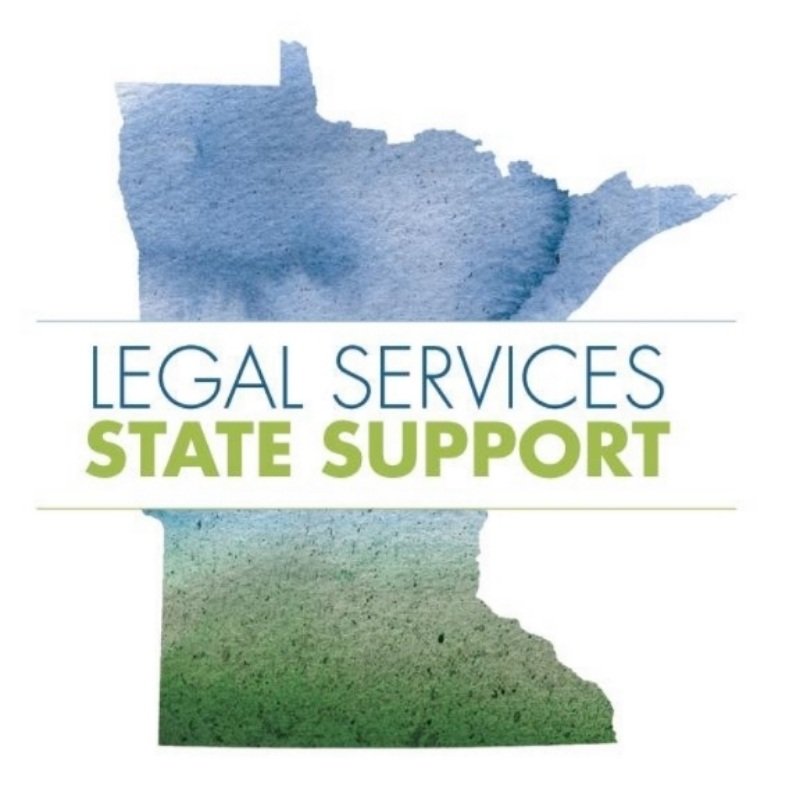July 26 was the 33rd anniversary of the Americans with Disabilities Act (ADA), and though much progress has been made, many barriers still exist that are more than physical. Accommodations that are required by the ADA, such as the right to live as closely as possible to the ways a non-disabled person does, are still being sought. The work of the Minnesota Disability Law Center (MDLC) includes helping to legally assert the rights of persons with disabilities under the ADA.
Chad Wilson, staff attorney with MDLC, recently spoke with KARE11 news and said, "We advocate for people with disabilities to access the necessary supports and services they need to live in their most integrated setting in the community so they can live where they want to live."
Last year, MDLC won a settlement against Metro Transit on behalf of a client who was denied bus access over 150 times. As part of the settlement, Metro Transit was required to create a new training video for their drivers instructing them on where they need to stop for persons who have a visual impairment.
MDLC advocates also prevailed in a class action lawsuit against the Minnesota Department of Human Services when it was discovered that DHS was delaying help for those trying to leave group homes and live in their own places. Watch the story here or read more on the KARE11 website.




